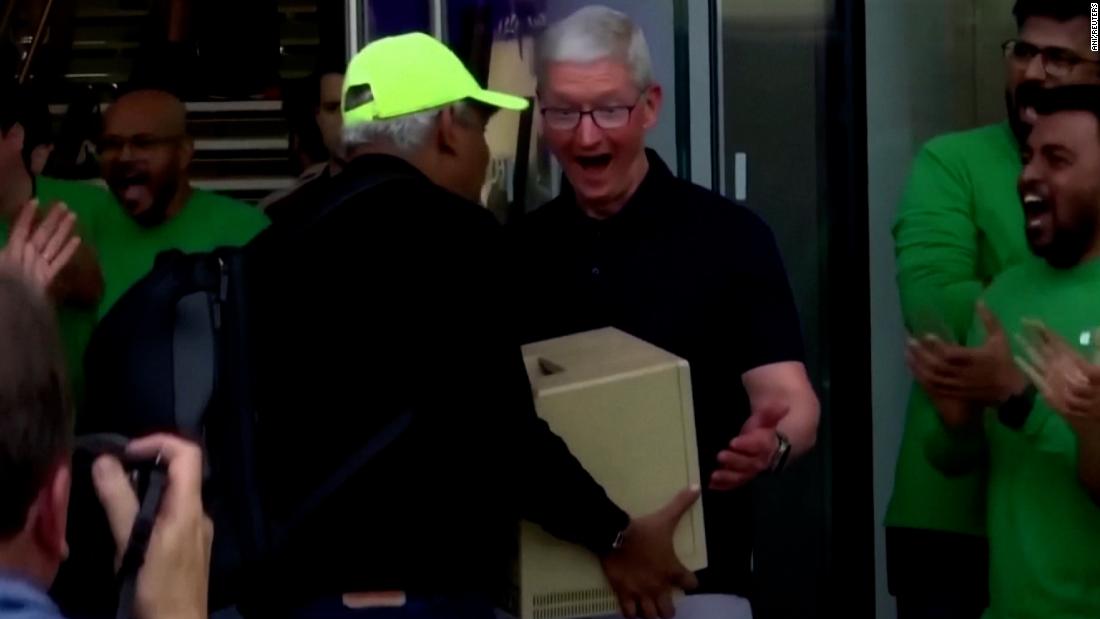A LOOMING tax on horserace betting would wipe £330million off the industry in just five years and risk thousands of jobs, bosses have warned.
The levy has been branded an existential threat to the beloved spectator sport and sparked urgent calls for a climbdown.
Horse racing is facing a ‘grave risk’ from a new tax
Ministers are proposing to raise the 15 per cent tax on horserace bets into line with the 21 per cent for online casinos.
Devastating analysis has revealed this could cost the sector £66million every year and put up to 2,752 people out of a job.
Towns where racecourses are a big source of employment – like Doncaster and York – would be particularly affected.
The British Horseracing Authority has warned this would send the sport into “irreversible decline” in a blow to the five million racegoers who attend every year.
They are calling on fans to pile pressure on ministers by signing their petition.
Chief executive Brant Dunshea said: “This latest tax bombshell from the Government, if followed through, poses one of the gravest risks to horseracing the sport has ever seen.
“The horseracing industry is already in a precarious financial position, and the latest research provides a much more catastrophic forecast than we first thought.
“We’re talking thousands of jobs at risk across the supply chain, severely impacted towns and communities, and the irreversible decline of the country’s second most popular sport.”
David Menuisier, a trainer at Coombelands Racing Stables, added: “Racing is much more than just a sport in this country.
“It brings fun and excitement to millions and is a major local employer, particularly here in West Sussex as we prepare for another fantastic year at Goodwood.”
A Treasury spokesperson said: “We are consulting on bringing the treatment of online betting in line with other forms of online gambling to cut down bureaucracy – it is not about increasing or decreasing rates, and we welcome views from all stakeholders including businesses, trade bodies, the third sector and individuals.”
Published: [#item_custom_pubDate]














































































































